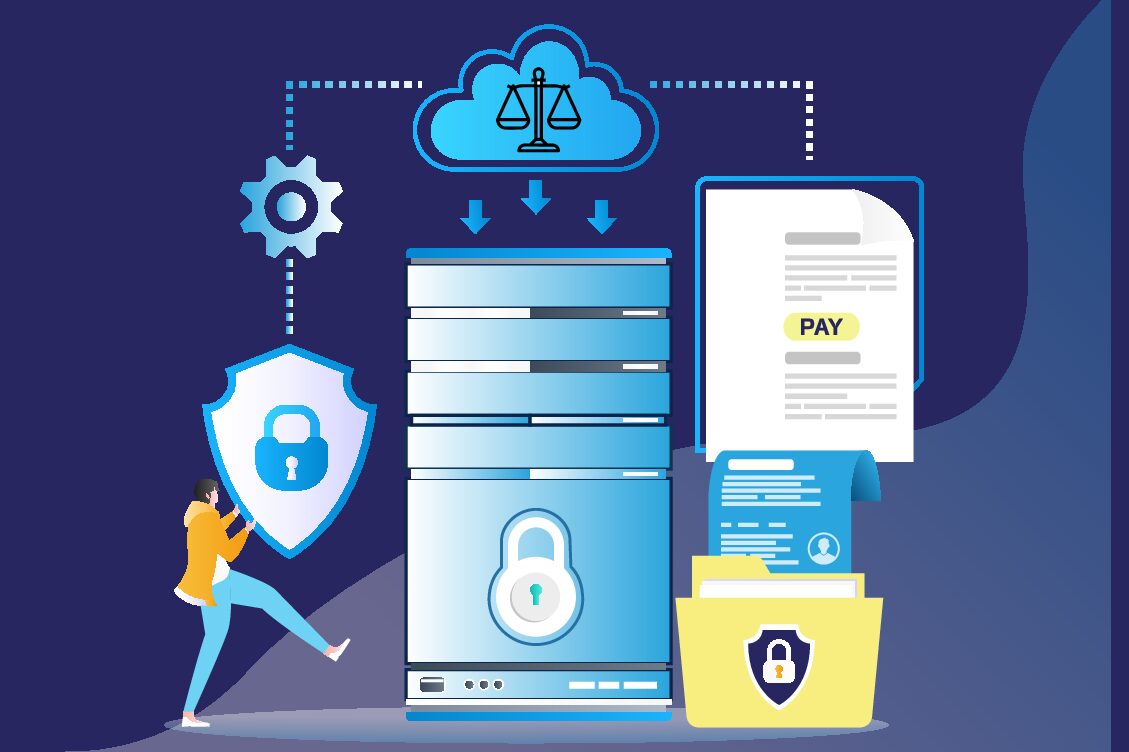Have you been thinking about opening a solo legal practice? Maybe COVID 19 led to layoffs at your law firm. Perhaps closed schools have necessitated more flexibility in your work schedule. Whatever the reason, if opening a solo law firm is on your mind, here are five strategies to kickstart your solo firm into existence today.
Strategy #1 Calculate the Numbers
Any new business needs a strong financial start, especially during an economic downturn. When examining how much money you need to open your firm, it’s wise to start with a detailed list of all current personal expenses and probable professional expenses you will face after opening your office.
Be sure to include everything. Don’t forget malpractice insurance, marketing efforts, taxes, and overhead costs. Even those small monthly subscriptions can add up to a substantial cost when opening a new business.
Adequate Fees
Once you know your numbers, the next step is setting adequate fees. Solo attorneys sometimes make the costly mistake of undercharging for their services, but the legal expertise you provide your clients is no less valuable than any attorney at a big law firm. Do your homework by looking at what other attorneys in your geographic and practice areas charge.
Set an hourly rate that is competitive but adequate to meet your financial needs. It’s a fine line, but you need to walk it. Don’t fall into the trap of undercutting other firms with a ridiculously low hourly rate though. Potential clients may equate lower rates with lower levels of service.
Overhead Costs
One way to keep your finances under control is by keeping overhead costs low. Think about ways you can cut costs upfront while growing your firm. Office space is often a large expense. In this highly mobile environment, could a virtual office work for your practice? If not, do you really need an expensive downtown location? The decisions you make about your law office can significantly impact startup and long-term costs.
Limit Debt
When starting a new business endeavor, it is important to reign in debts. Whether your startup funding derived from a family loan, personal savings or a business loan, it’s essential to minimize the amount of debt carried into a new legal practice.
A simple loan agreement can outline payment details for loans received from family and friends. If you are going the bank route, only borrow what you can handle during your first years of practice. Remember, you’re establishing your firm’s long-term business credit. You don’t want to start off wrong.
Strategy #2 Prepare for the Transition
While you may be excited about hanging out your own shingle, remember that building a law practice takes time. You must build a client base and cases before you can bill and earn profits. This transition period can be particularly challenging, so it is important to have a plan in place for dealing with it.
Have a plan for leaving your job
If you are currently working a job, think about the possibility of staying in your position as you start growing your solo firm. Your current paychecks can sustain your personal expenses as you transition into your practice.
This may not be as easy if you’re leaving a law firm job to start your practice. Make sure you follow the rules of professional conduct and state bar guidelines for this type of situation. For example, you may find that you have fiduciary duties to your current employer.
Whether you work for a law firm or not, try to leave your job on good terms. You never know when you may cross paths with your employers again. They may even turn out to be one of your first law firm clients.
Use Savings Wisely
As you grow your revenues, it’s important to keep an eye on your savings. Law firm business can ebb and flow. You may have a stellar month with many new clients, then have a month without a single new matter. Your savings are extremely important during these times. You need to have a buffer for dealing with the ups and downs of a solo legal practice.
Strategy #3 Find a Support System
It’s challenging to start a solo law firm. The uncertainties, missteps, and financial worries can leave you stressed. That’s why you need a support system. Maybe you have a law firm friend who recently opened a firm. Why not pick up the phone and ask for advice? Your family friends can also be a support system for encouragement when times get rough.
Find a Mentor
A seasoned lawyer can offer a new solo valuable advice on growing from a fledgling startup to a thriving law firm. Start with an internet search. Once you identify a few possibilities, make calls or send emails to request a quick conversation. Let them know that you are starting a new practice and would appreciate the opportunity to speak with them about their experiences.
You may even offer to take overflow cases off of their hands. It may lead to some money-making matters or even an of-counsel arrangement that grows your firm.
Local Bar Meetings
Local Bar meetings and committees also offer valuable opportunities for meeting potential mentors. Some Bar associations facilitate mentoring programs to assist new lawyers. If offered in your area, take advantage of this opportunity. If not, look for committees that align with your practice plans. If you plan to practice divorce law, join the Domestic Relations Bar Committee.
Strategy #4 Start with Effective Systems in Place
Solos should not take one client before implementing effective processes and obtaining the necessary tools to make them work. It’s so easy to fall into bad habits, especially when it comes to monotonous tasks like time tracking and invoicing. Put systems in place right from the start, so you can build positive habits instead.
Essential Tech Tools
Purchasing legal tech tools is not the place to skimp. You need essential tools to build a successful solo law firm. Don’t skimp on the essentials your firm needs to operate. Purchasing cheap equipment or refusing to buy helpful software systems may save money now, but it could cost your firm money in the long run.
For instance, solo lawyers need to quickly get into the habit of recording how they spend all the hours of their workday. This information promotes profitability, efficiency, and firm growth. TimeSolv’s legal billing software provides new solo law firms with the tools they need to track time accurately and efficiently, as well as streamline the invoicing process.
Jump Start your Solo Law Practice
With these simple strategies, you can take your solo law firm from an idea to a reality. To explore all that TimeSolv has to offer your startup solo law firm, click here for a free 30-day trial.
About Erika Winston:
Erika Winston is a freelance writer with a passion for law. Through her business, Personal Touch Edits, she helps legal professionals deliver effective written messages. Erika is a regular contributor to TimeSolv and a variety of other publications.
















